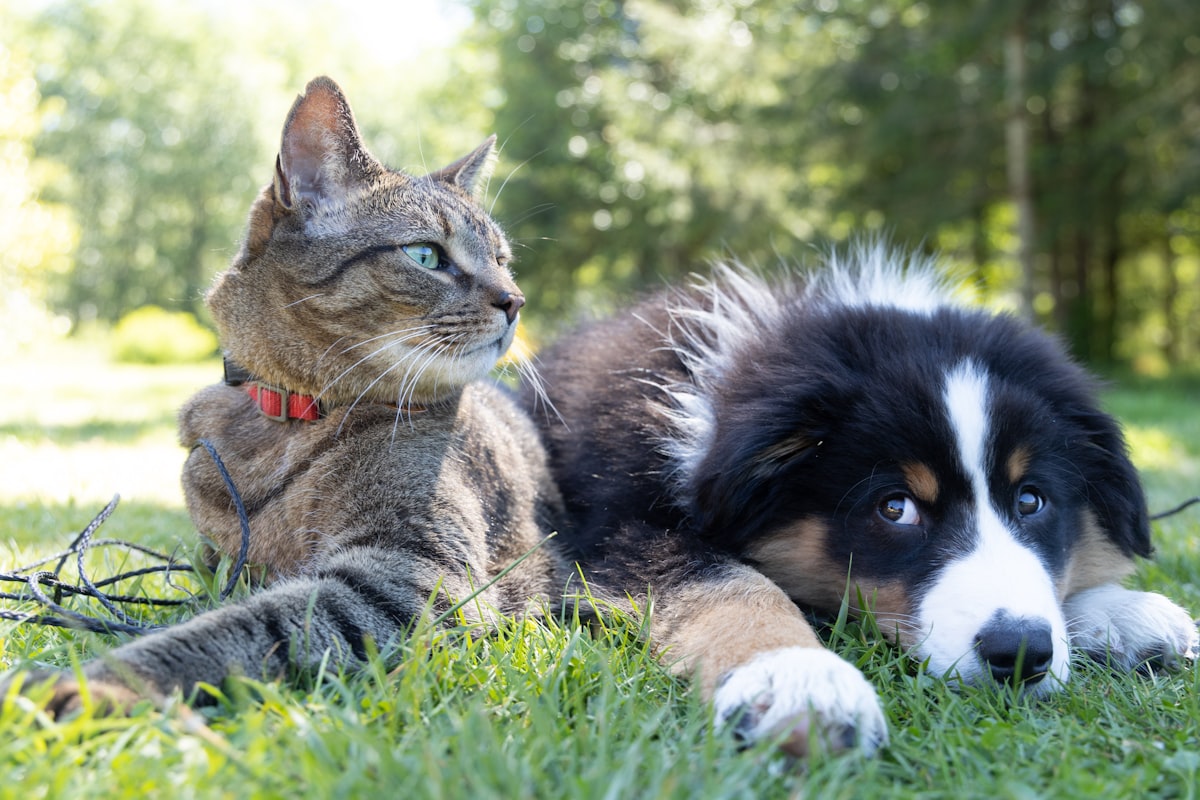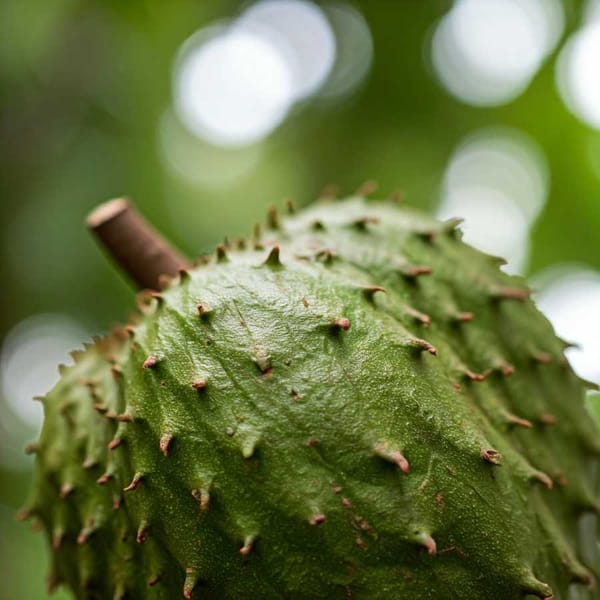Pets, susceptible to SARS-CoV-2
When a pet, for example, is known to be infected by SARS-CoV-2, it is because its owner is infected; although some zoos routinely perform PCR tests on animals to rule out the disease.

So far there is no scientific evidence to affirm that animals transmit SARS-CoV-2 to humans; however, it is of utmost importance to continue monitoring those susceptible to this disease, since the presence of COVID-19 in them could generate the appearance of new viral variants.
"When we talk about coronavirus in general, we are referring to a whole family of viruses and it can affect different species. Humans, specifically, are harmed by SARS-CoV-2, but it has also been seen that it can affect animals because they are susceptible to the disease," said Erika Hernández Villegas, an academic from the Virology Laboratory of the Faculty of Veterinary Medicine and Zootechnics (FMVZ) of the UNAM.
The decision to sacrifice the infected, as happened in Hong Kong where two thousand hamsters, rabbits, chinchillas, and guinea pigs were tested and euthanized, after a worker and eleven rodents from a pet store tested positive for the new coronavirus, is not easy; it is done in a preventive manner. These measures were carried out in the cases of avian and swine influenza, to contain the viruses and prevent them from infecting individuals.
Experimentally, vaccines have been developed for emergency use in dogs and cats and have proven to be effective. However, so far their use is not warranted, as there is no evidence of transmission to humans. "When it is known that a pet, for example, is infected by SARS-CoV-2, it is because its owner is infected; although in some zoos they perform routine PCR tests on the animals to rule out the disease", indicated Hernández Villegas.
The pandemic brought as a reflection that human beings are not the only ones living on this planet and that it is also necessary to take measures to avoid the invasion of ecosystems.
Early reports indicate that dogs and cats were the first pets affected by SARS-CoV-2. Recently in Staten Island, United States, a study revealed that white-tailed deer were infected with the omicron variant, which was transmitted from human to animal and then between animals, and not the other way around.
In the case of Denmark, at the end of 2020 authorities in this nation decided to slaughter 15 million minks from a fur-producing farm, as a preventive measure to avoid future outbreaks and "jumping" to people.




